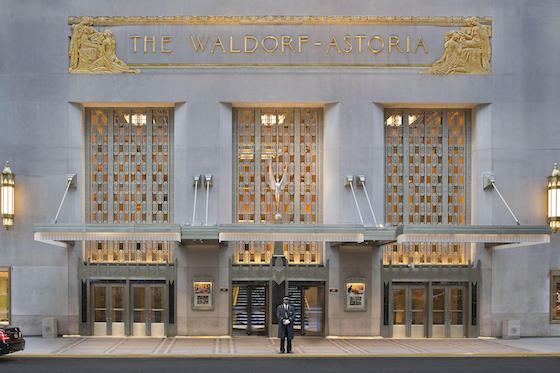Reined in amid scrutiny from Beijing authorities, Chinese buyers are retreating from outbound investment in hotels. What new investors might step in? And as the Chinese trim their overseas portfolios, what will happen to asset values?

Don’t count China out. “We expect that Chinese capital is still available for hotel investment from investors with stronger balance sheets who are not under the microscope of the banking regulators,” says Raymond Clement, Savills’ managing director, hotels Asia Pacific. Chinese property firms, which are not as highly leveraged, are likely to remain active, he adds.
Contributed by Megan Rowe
In Europe, more homegrown capital is emerging. “We’re seeing more passive institutional investors buying into the space,” says Derek Gammage, non-executive chairman, EMEA, at CBRE Hotels Limited. At the luxury level, he says buyers from elsewhere in Asia are likely to take over where the Chinese are leaving off.
In Asia, private equity seems to be reemerging for both outbound and domestic investments, says Mike Batchelor, CEO, Asia, at JLL’s hotels and hospitality group. Buyers from Thailand are starting to make some noise beyond their borders, and investors in Hong Kong and Singapore are ready to pull the trigger as well, says Robert Hecker, managing director, Pacific Asia, at Horwath HTL. But these buyers tend to be more frugal than their Chinese counterparts.
The jury is out regarding the impact on prices. Five-star assets remain prized, several observers agree. And lack of hotels for sale has kept prices competitive, Clement says. But seller price expectations have dropped a bit now that Chinese investors seem to be backing away, Hecker observes.
Over the years, Laurence Geller, chairman of Geller Capital Partners, has watched as S&Ls, insurance companies, pension funds, Japanese investors, private equity players and others have gone on spending sprees.
“The Chinese made a lot of noise on a number of fairly sizeable deals, and they drove prices up for certain properties, but they didn’t have any material effect on the industry,” he observes. Ultimately, he says, “prices are underpinned by local buyers and private equity in any market.”
